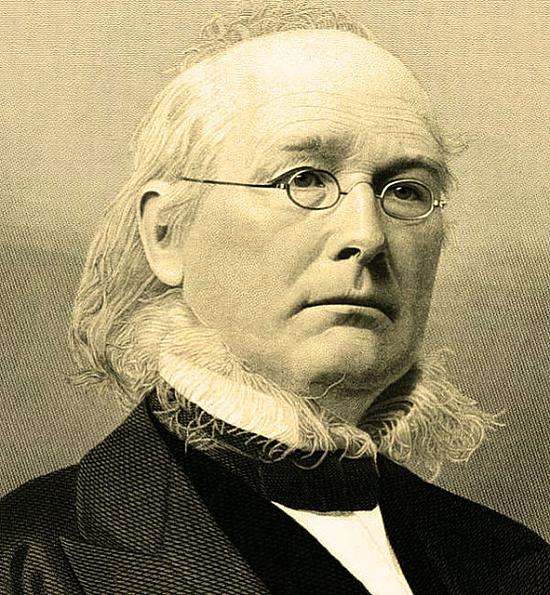PixelStrategist
Warlord
- Joined
- Jul 20, 2012
- Messages
- 176
Consider the following, Senator Smith:
The National Defense Act of 1864 is an elaboration of our nation's second amendment right. In these times of instability our states need to be able assure their defense from natives and unjust forces alike. This is even without immediate consent of the national government.
Implicitly state governments would have the will to defend their homeland, thus not expelling federal forces in time of need. A specific clause stating such would be unneeded. Do you forget we are dealing with our fellow Americans? The national army's authority should not be based on the threat of force; it is not an occupying body and frankly our states are all voluntarily in this union.
In addition to this the act only recognizes a single regiment, thus there is no chance of the aforementioned force overthrowing the union.
I must ask, Senator, why are you so concerned over the expulsion of federal forces? What are federal forces capable of doing that local ones are not? I'm beginning to feel as if the Eastern States are plotting against the others. I will not stand for the occupation of land unjustly Quebec, just as the rest of our union, does not need this.
Senator Milkwright, you must recognize the atrocity that is slavery and that there is no place for it, even in its reconsideration, into our union.
The State Dissidence Act of 1864 is frankly as relaxed of act as you will ever receive toward such degeneracy. I must reiterate that in the original Strengthen And Protect America Act, state compliance would be limitlessly "enforceable through the Army and Navy of the United States". There is no stipulation pertaining to how long or how severe the punishment will be. My version calls for a "limited military action", which is drastically better for our nations economy and psyche.
I urge you both to reconsider your votes.
The National Defense Act of 1864 is an elaboration of our nation's second amendment right. In these times of instability our states need to be able assure their defense from natives and unjust forces alike. This is even without immediate consent of the national government.
Implicitly state governments would have the will to defend their homeland, thus not expelling federal forces in time of need. A specific clause stating such would be unneeded. Do you forget we are dealing with our fellow Americans? The national army's authority should not be based on the threat of force; it is not an occupying body and frankly our states are all voluntarily in this union.
In addition to this the act only recognizes a single regiment, thus there is no chance of the aforementioned force overthrowing the union.
I must ask, Senator, why are you so concerned over the expulsion of federal forces? What are federal forces capable of doing that local ones are not? I'm beginning to feel as if the Eastern States are plotting against the others. I will not stand for the occupation of land unjustly Quebec, just as the rest of our union, does not need this.
Senator Milkwright, you must recognize the atrocity that is slavery and that there is no place for it, even in its reconsideration, into our union.
The State Dissidence Act of 1864 is frankly as relaxed of act as you will ever receive toward such degeneracy. I must reiterate that in the original Strengthen And Protect America Act, state compliance would be limitlessly "enforceable through the Army and Navy of the United States". There is no stipulation pertaining to how long or how severe the punishment will be. My version calls for a "limited military action", which is drastically better for our nations economy and psyche.
I urge you both to reconsider your votes.



















